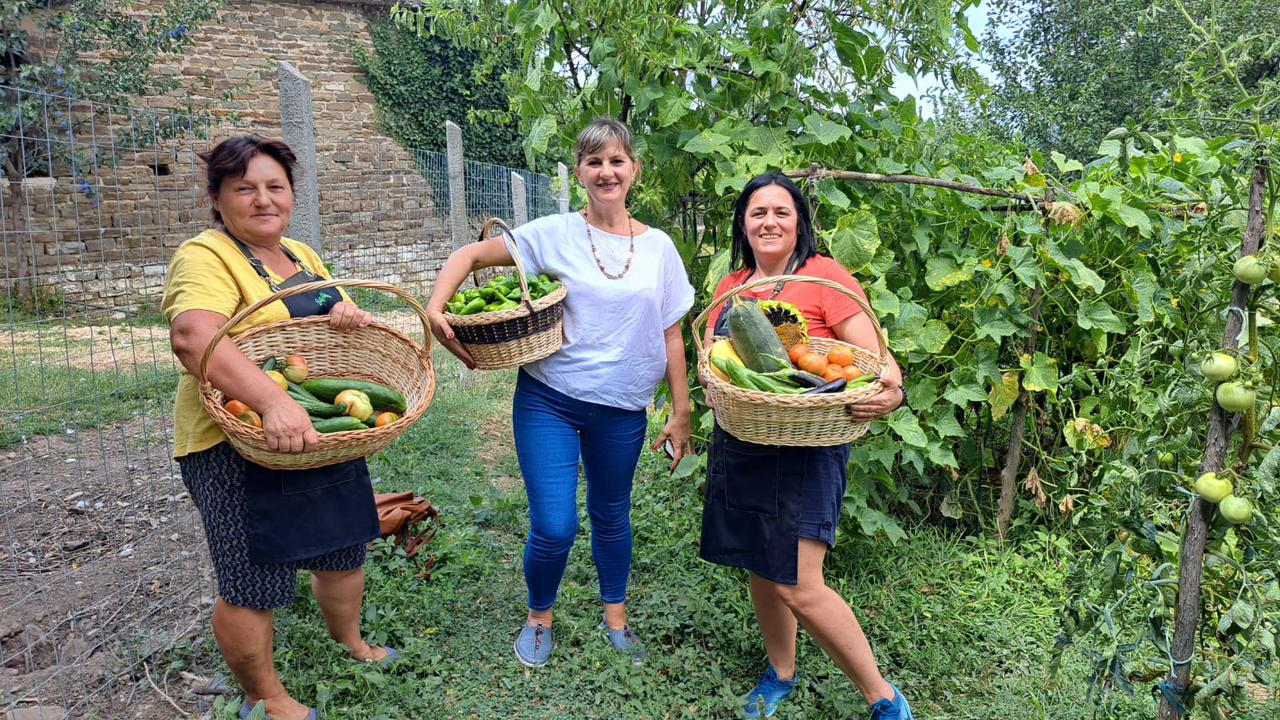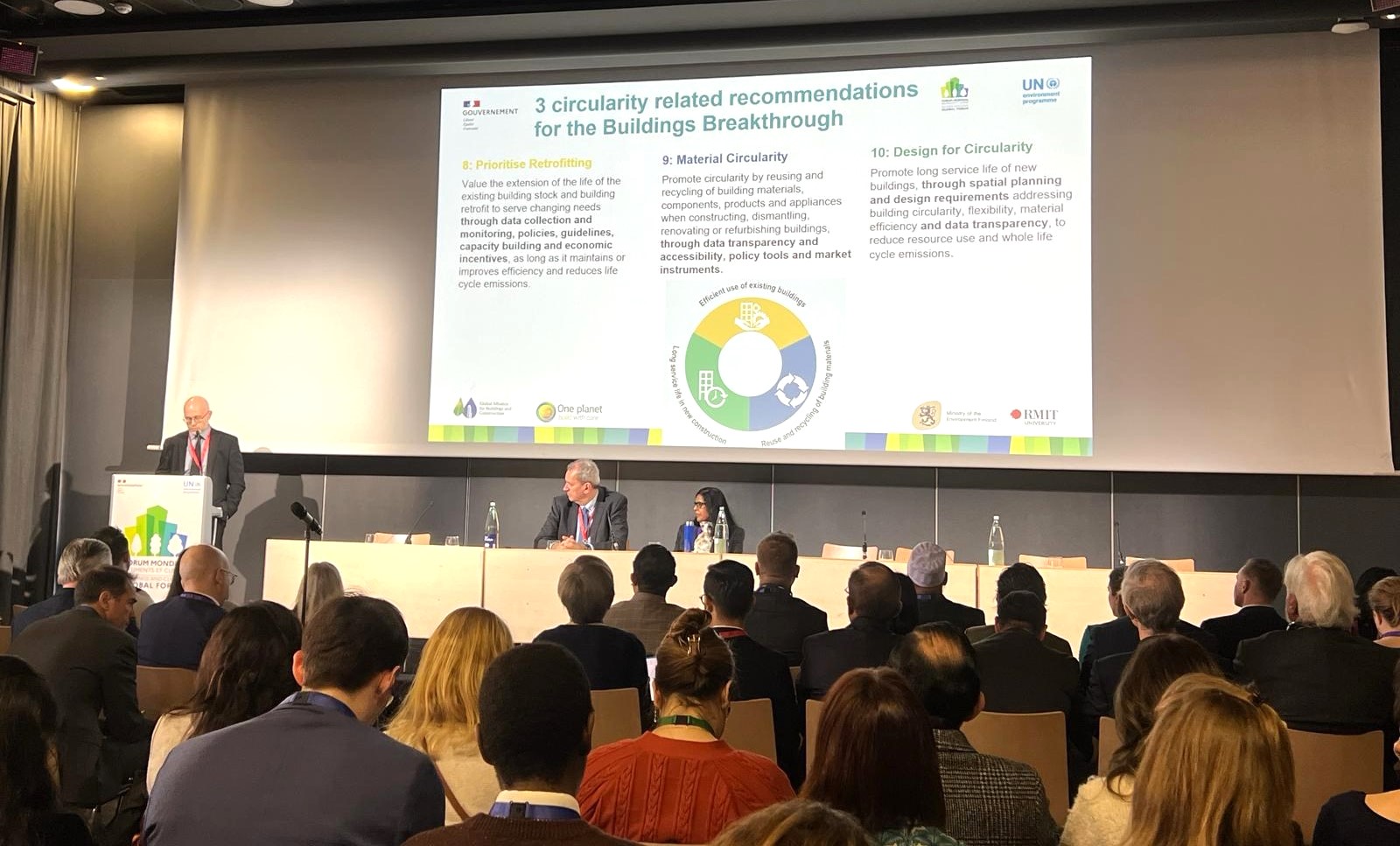Conscious Consumption Brazilian Background
What is the level of consciousness and behavior of Brazilians towards conscious consumption? What are the barriers and drivers for more sustainable practices? What is the perception and expectation of Brazilians regarding corporate social and environmental responsibility? These were some of the questions answered by "Akatu 2018 Survey - Conscious Consumption Brazilian Background".
Analyze the progress and understand regarding:
- awareness and behavior of Brazilian consumers towards conscious consumption;
- perception and expectation of Brazilian consumers regarding sustainability practices and corporate social responsibility.
To quantitatively evaluate the results of Akatu's qualitative research (2015) "Barriers and Triggers for Sustainable Consumer Behavior".
Identify sustainability actions of companies in order to engage consumers. The survey is in its 5th edition and investigates the evolution of consciousness level amongst Brazilians in consumer behavior, and indicates the main challenges, drivers and barriers to the practice of conscious consumption. One of the conclusions of the survey is that there was a significant growth in the "beginner" category of consumers, from 32% in 2012 to 38% in 2018.
The Brazilians clearly prefer the path of sustainability to consumption. Seven out of ten main desires of Brazilian consumers show a clear expression of preference for alternatives that go towards sustainability over consumption.
The main barrier to more sustainable habits is the need of effort, where the perception that sustainable products are more expensive stands out.
As for the drivers that lead to the adoption of more sustainable habits, consumers value more those that impact the world, the society. Also, consumers value, according to the survey, companies that care more about people. It is important to keep in mind that just as the process of forming our current habits has been developed throughout our lives, the transition to healthier lifestyles and the adoption of more conscious practices is also a long process, which should be gradual.
The first step towards this change is to realize that consumption have impacts on the environment and therefore need to be changed in order to reduce them. With this insight, consumers can begin to assess their attitudes in order to understand which ones should be changed and seek information on how to do it. It is up to each of us to move from intention to practice. Finally, it is worth emphasizing that we will not necessarily adapt easily to these new habits and, like any other learning process, it takes time and adaptations to better fit into our daily lives.
Image

Project start date
09/03/2018
Project end date
25/07/2018

